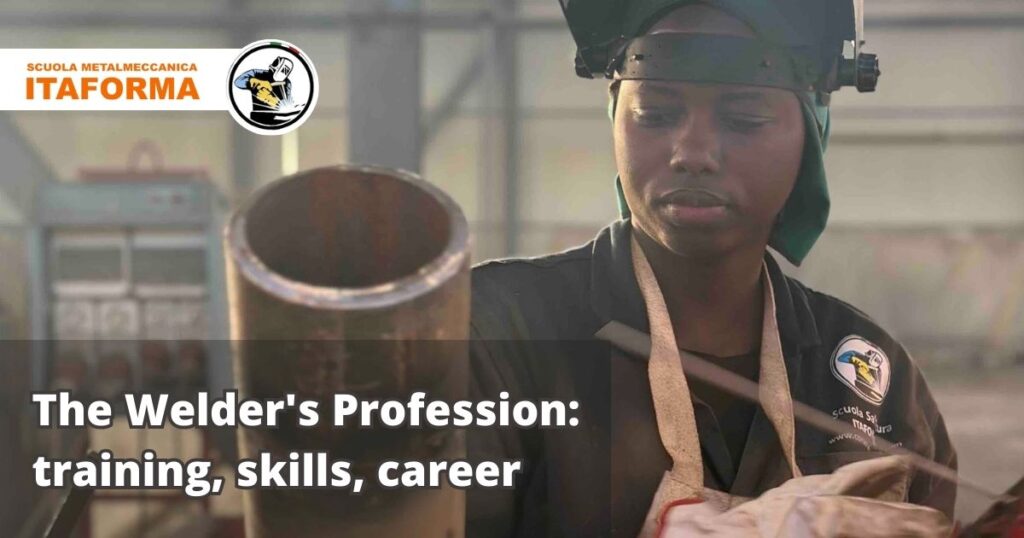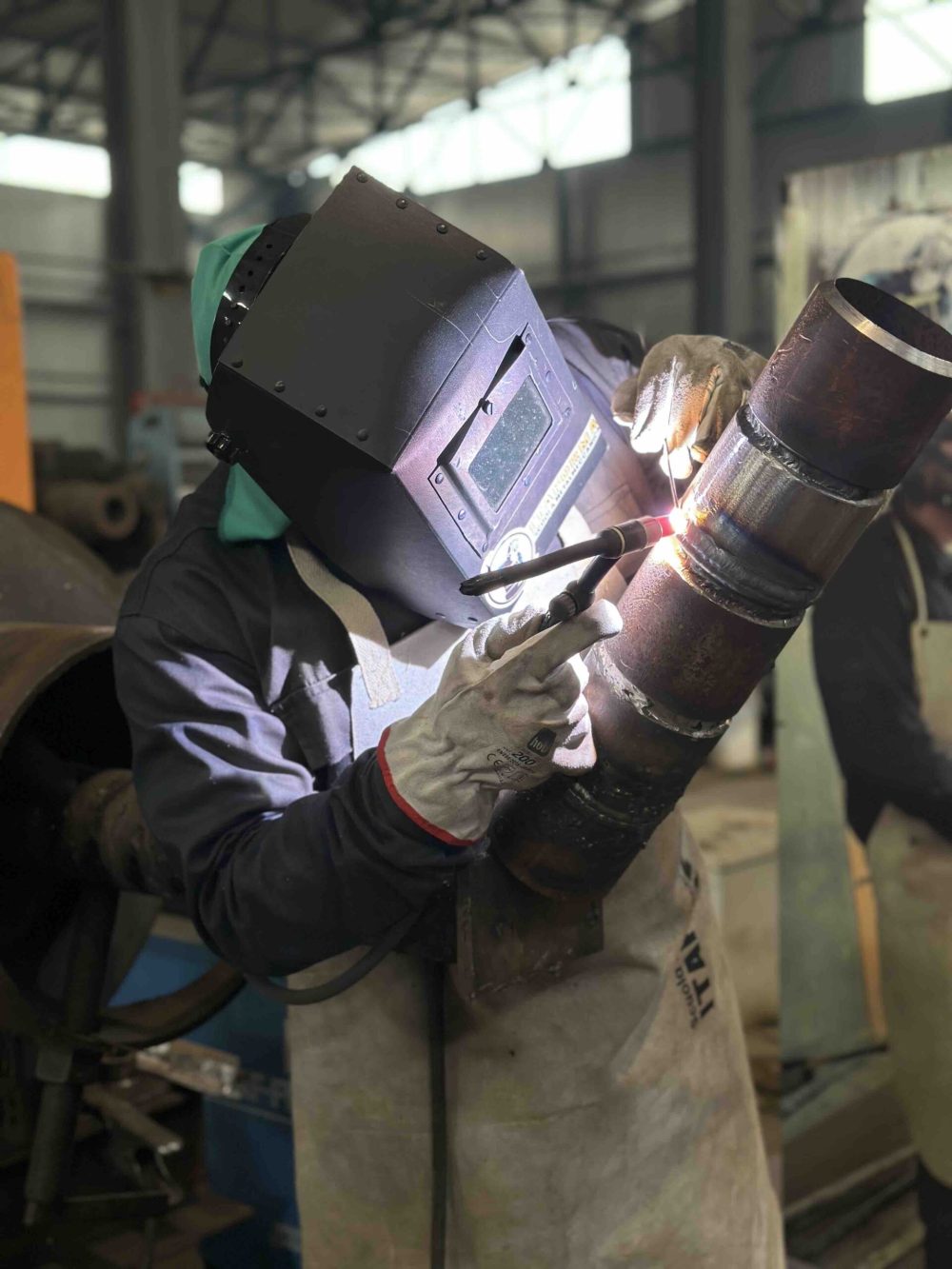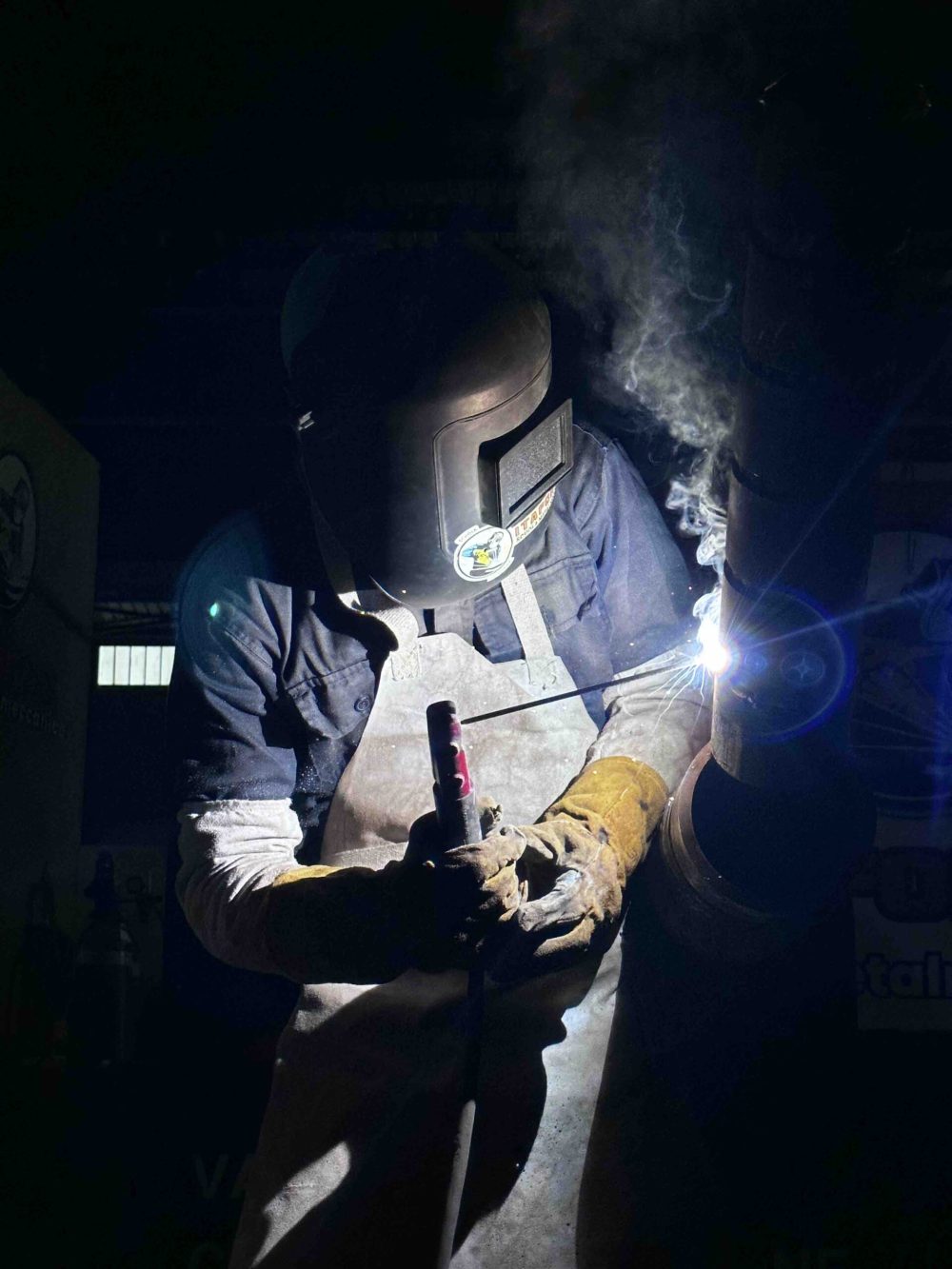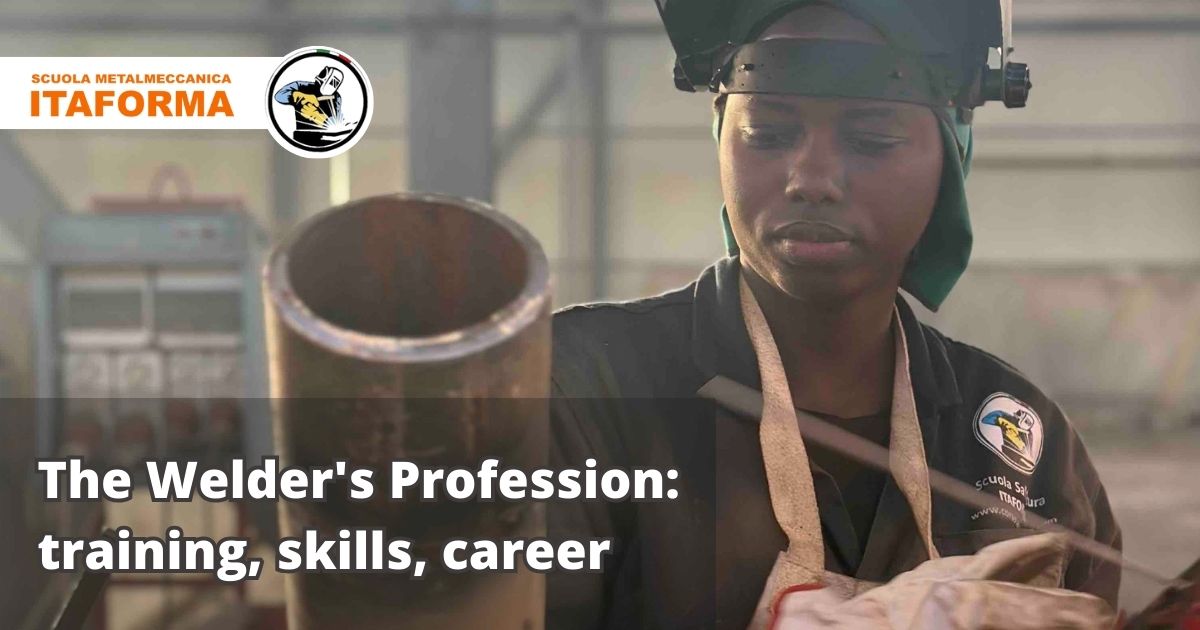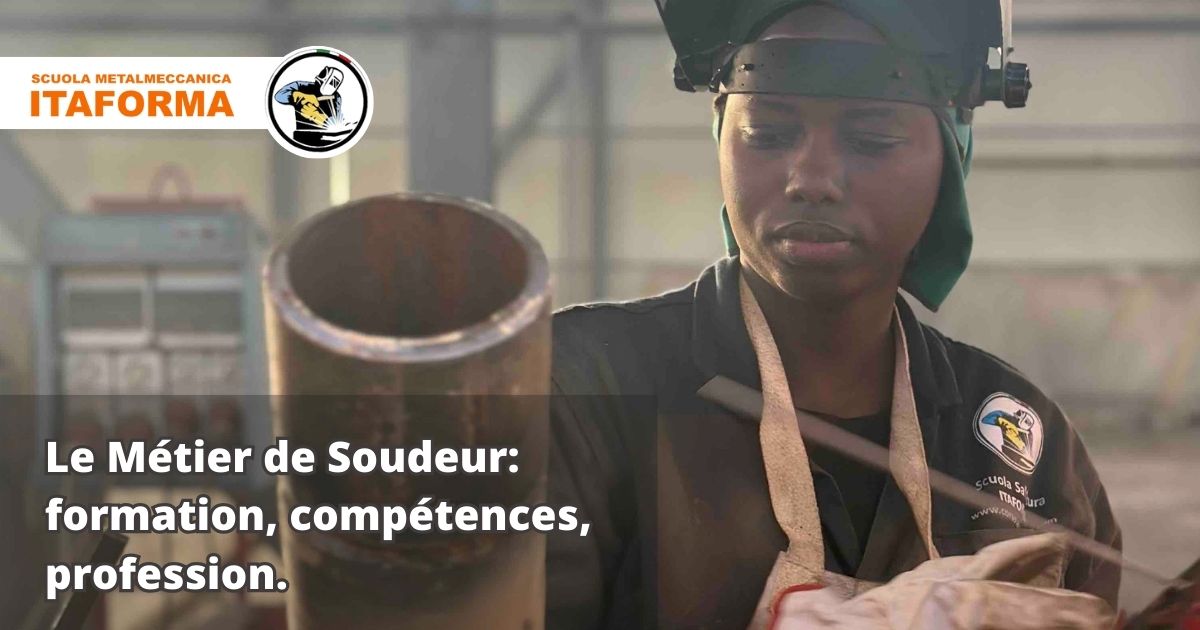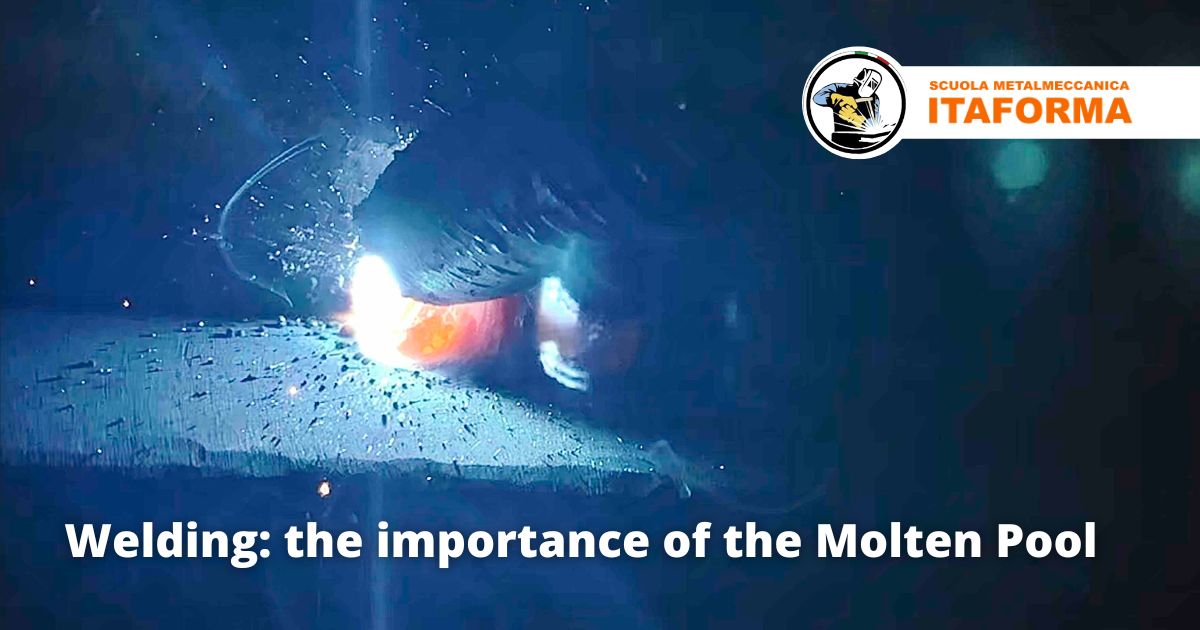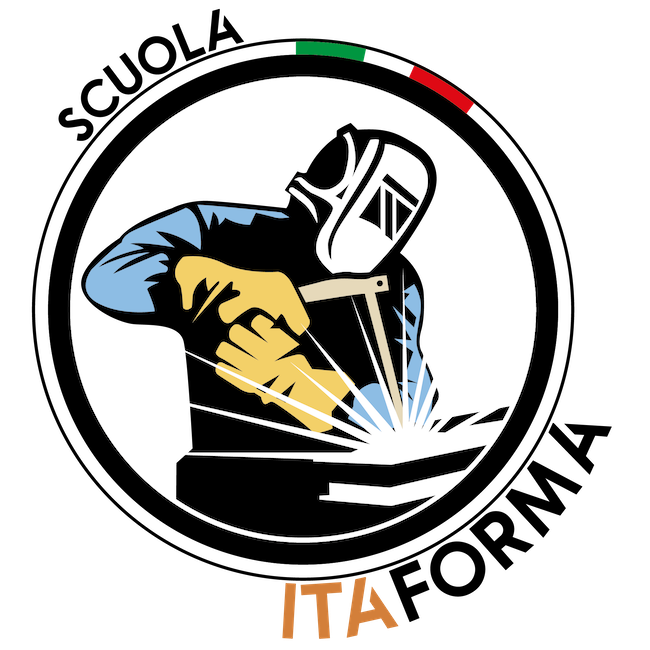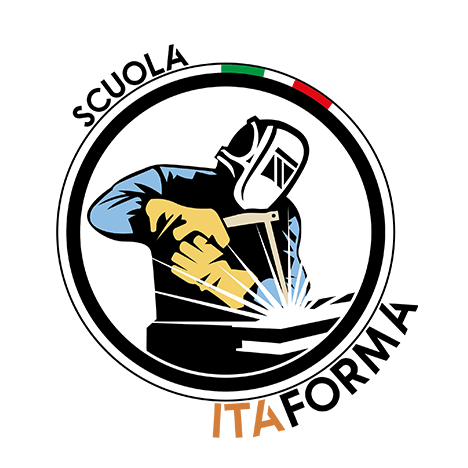The Welder Profession
Definition of the Welder (According to the UNI EN ISO 9606: 2017 Standard)
A welder is a professional who manipulates and manually guides tools such as an electrode holder, a welding torch, or a welding flame.
1. What Does a Welder Do?
A welder’s job is highly diverse, covering a wide range of tasks. No two workdays are the same for a welder, which makes the profession both exciting and challenging. Their primary role is to assemble different materials to create components used in many industries, including automotive, nuclear, petrochemical, food processing, railways, and many others.
Welders can work in sectors such as construction, engineering, or aerospace. Their tasks generally involve assembling pre-cut pieces according to a specific diagram or plan, in order to create specific structures or products.
They may also need to follow strict procedures to ensure the quality of the welds. Additionally, welders often carry out preventive maintenance on their equipment, such as welding machines, and replace consumables used in the process.
2. Different Aspects of the Profession of welder
A welder can perform their job in various ways, depending on the technologies and welding processes used. For instance, they may specialize in traditional manual welding or work with welding robots.
There are several types of welding, including MIG, MAG, TIG, and electrode welding. Some welders may be required to work in extreme environments, such as construction sites, oil platforms, or even as underwater welders under challenging conditions.
3. Materials Used by Welders
Welders work with a wide variety of materials, including:
- Steels
- Stainless steels
- Metal alloys
Depending on the welding processes, such as MIG/MAG, TIG, or coated electrodes, the welder must be proficient in handling these materials. Some also use advanced technologies, such as laser welding. It’s important to note that the profession of welding carries certain risks, so the use of personal protective equipment (PPE) is essential.
4. Skills Required to Become a Welder
To become a welder, several skills are necessary. A welder must have great focus and manual dexterity. They must also be familiar with the latest technologies and welding methods. A solid understanding of various welding techniques and the ability to choose the right equipment is crucial. The job demands precision and a strong problem-solving ability. While an in-depth knowledge of mathematics is not an absolute requirement, it can be an asset for a versatile welder who is capable of performing various tasks in the same work environment.
5. Training Required to Become a Welder
To pursue a career as a welder, it is essential to undergo certified training that provides the specific technical skills required in this field.
Welding training programs are designed to teach the basics of the profession, depending on the processes and materials used. Each institution offers diverse courses, which vary according to the techniques taught and materials used.
The most effective training programs focus on the practical aspect, as welding requires perfect mastery of techniques and tools.
Hands-on experience is essential for developing the necessary skills.
An example of a quality training program is offered by Itaforma, designed by professionals in the field to meet the real needs of active welders.
This program is centered on practice, with metallurgy workshop sessions where each student works at their own workbench and uses their own welding machine for 8 hours a day.
Theory is addressed outside of these practical hours, either in-person or online, so as not to interfere with the hands-on work. At the end of the training, students must pass a practical exam in a metallurgy workshop, following current safety standards.
This test, which assesses welding technique proficiency, leads to the award of the UNI EN ISO 9606.1 certification, a recognized certification that attests to the welder’s professional skills.


